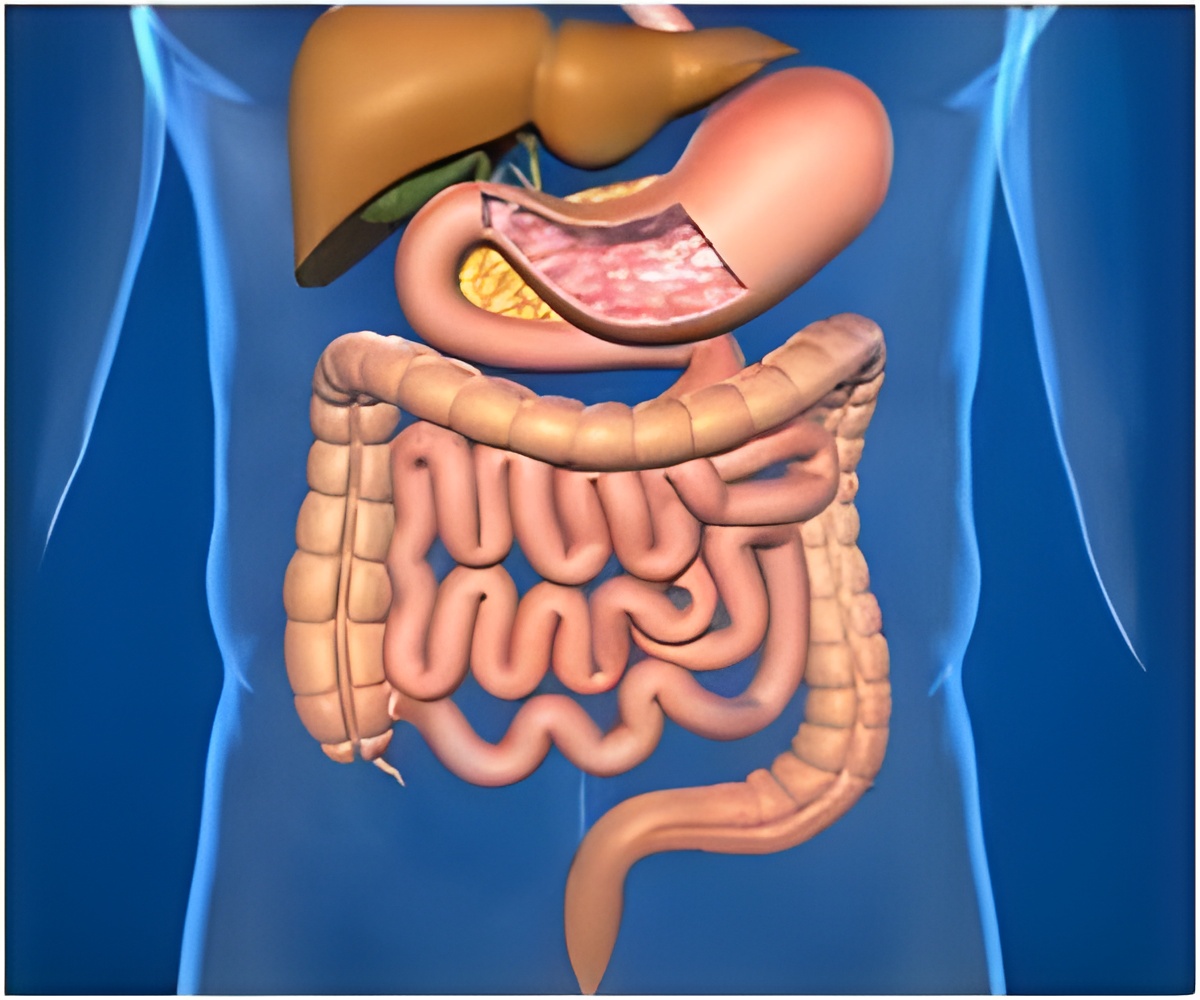Antibiotics were not worse than surgery when measuring overall health status, allowing most people to avoid an operation in the short term for appendicitis.

‘"There were advantages and disadvantages to surgery and antibiotic treatment for appendicitis and patients are likely to prioritize these in different ways based on their characteristics, concerns, and perspectives."’





"We found that antibiotics were not worse than surgery when measuring overall health status, allowing most people to avoid an operation in the short term," said Lillian Kao, MD, division director of acute care surgery with McGovern Medical School and the principal investigator of the CODA trial site at Memorial Hermann-Texas Medical Center."There were advantages and disadvantages to both treatments, and patients are likely to prioritize these in different ways based on their characteristics, concerns, and perspectives."
Across the U.S., 1,552 participants were randomized to receive either an appendectomy or treatment with antibiotics first for acute appendicitis. While nearly half of the antibiotics group avoided hospitalization for their initial treatment, overall, the time spent in the hospital was similar between groups.
"People treated with antibiotics more often returned to the emergency department but missed less time from work and school," said Bonnie Bizzell, chair of the CODA Patient Advisory Board. "Information like this can be important for individuals as they consider the best treatment option for their unique circumstance. The CODA trial is really the first of its kind to capture these measures for appendicitis shared decision-making."
Other initial findings of the CODA trial include:
Advertisement
"Many patients with appendicitis do well with and without surgery," Liang said. "Balancing these risks and benefits of each treatment should be personalized for each individual patient given their own situation and preferences. Using the data from this research, more information will be shared in the near future, including who might benefit most from surgery versus medical management as well as the long-term results of these two treatments."
"Additionally, as a 'real-world' trial, CODA enrolled a broad spectrum of patients that truly represents the heterogeneous population that we serve. This is just the beginning of a national partnership that has the capacity to address unanswered questions regarding optimal patient-centered care in surgery."
The CODA Collaborative, composed of clinicians at each of the 25 CODA trial sites, patient advisors, and other stakeholders, will continue to share results from the trial as ongoing follow-up with participants is completed.
Source-Eurekalert












